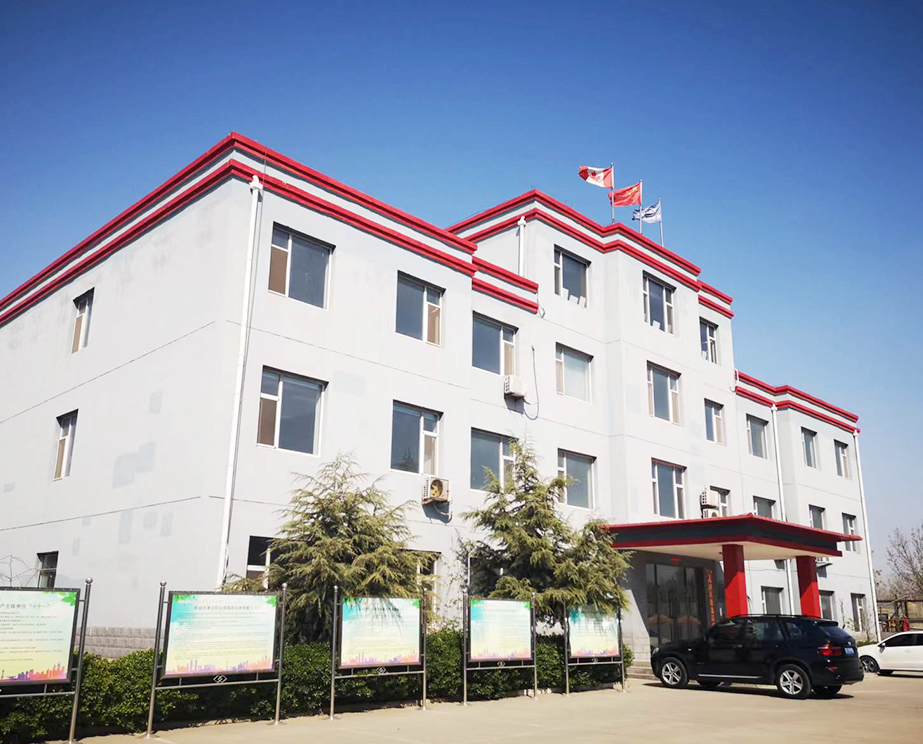- Afrikaans
- Albanian
- Amharic
- Arabic
- Armenian
- Azerbaijani
- Basque
- Belarusian
- Bengali
- Bosnian
- Bulgarian
- Catalan
- Cebuano
- Corsican
- Croatian
- Czech
- Danish
- Dutch
- English
- Esperanto
- Estonian
- Finnish
- French
- Frisian
- Galician
- Georgian
- German
- Greek
- Gujarati
- Haitian Creole
- hausa
- hawaiian
- Hebrew
- Hindi
- Miao
- Hungarian
- Icelandic
- igbo
- Indonesian
- irish
- Italian
- Japanese
- Javanese
- Kannada
- kazakh
- Khmer
- Rwandese
- Korean
- Kurdish
- Kyrgyz
- Lao
- Latin
- Latvian
- Lithuanian
- Luxembourgish
- Macedonian
- Malgashi
- Malay
- Malayalam
- Maltese
- Maori
- Marathi
- Mongolian
- Myanmar
- Nepali
- Norwegian
- Norwegian
- Occitan
- Pashto
- Persian
- Polish
- Portuguese
- Punjabi
- Romanian
- Russian
- Samoan
- Scottish Gaelic
- Serbian
- Sesotho
- Shona
- Sindhi
- Sinhala
- Slovak
- Slovenian
- Somali
- Spanish
- Sundanese
- Swahili
- Swedish
- Tagalog
- Tajik
- Tamil
- Tatar
- Telugu
- Thai
- Turkish
- Turkmen
- Ukrainian
- Urdu
- Uighur
- Uzbek
- Vietnamese
- Welsh
- Bantu
- Yiddish
- Yoruba
- Zulu
stainless pipe coupling
The Versatile World of Stainless Steel Pipe Couplings
Stainless steel pipe couplings are critical components in various industries, ensuring seamless connections between pipes that transport fluids, gases, and other materials. Their robustness, resistance to corrosion, high strength, and ability to withstand high temperatures make them ideal for constructing reliable and durable plumbing and piping systems. In this article, we will explore the types, uses, benefits, and considerations associated with stainless steel pipe couplings.
Understanding Pipe Couplings
A pipe coupling is a fitting used to connect two lengths of pipe. It serves not only to facilitate the flow of liquids or gases from one pipe to another but also to allow for adjustments in alignment and to accommodate thermal expansion. Couplings are diversified into several types based on their design and application. The most common types include
1. Threaded Couplings These feature threads on the inner surface, allowing pipes to be screwed into them. They are easy to install but may not be suitable for high-pressure applications. 2. Welded Couplings Designed for permanent connections, welded couplings are fused to the pipe through welding methods. They provide a strong and leak-free connection, making them ideal for high-pressure and high-temperature environments. 3. Slip Couplings These are used primarily for repair and joining two sections of pipe. They allow for easy realignment and can slide over the ends of the pipe, making installation straightforward.
4. Flanged Couplings Equipped with flanges, these couplings allow for easy removal and maintenance. They are particularly useful in applications where frequent disconnections are necessary.
Applications of Stainless Steel Pipe Couplings
Stainless steel pipe couplings find extensive use across various sectors, including
- Oil and Gas Industry They form crucial parts of pipelines that transport oil, natural gas, and other petroleum products. Their resistance to harsh chemicals and high-pressure conditions ensures safety and efficiency.
- Water Treatment Facilities Used in water purification processes, stainless steel couplings help connect pipes that carry treated and untreated water, ensuring effective management of the supply chain.
- Food and Beverage Industry In this sector, hygiene is paramount. Stainless steel’s non-reactive properties make it ideal for transporting food products, clean water, and beverages without contamination.
- Pharmaceuticals Similar to the food industry, the pharmaceutical sector requires strict hygiene standards. Stainless steel couplings are widely used in systems that produce and transport active pharmaceutical ingredients.
- Construction and HVAC Systems They play a vital role in residential and commercial building infrastructure, connecting various piping systems including heating, ventilation, and air conditioning.
Benefits of Using Stainless Steel Pipe Couplings
stainless pipe coupling

The choice of stainless steel for pipe couplings stems from its numerous advantages
2. Strength and Durability It can handle extreme temperatures and pressures, which is crucial for industrial applications.
3. Low Maintenance Stainless steel couplings require minimal maintenance, thus offering long-term economic advantages.
4. Recyclability Being environmentally friendly, stainless steel is fully recyclable, which contributes to sustainable practices in manufacturing and construction.
5. Aesthetic Appeal For visible installations, stainless steel provides a modern and clean finish, making it aesthetically pleasing for architectural designs.
Considerations When Choosing Pipe Couplings
When selecting stainless steel pipe couplings, several factors should be considered
- Size and Compatibility Ensure that the coupling matches the pipe size and type to avoid leaks and pressure drops.
- Pressure Ratings Different applications require different pressure ratings. Ensure the coupling can withstand the conditions it will face.
- Type of Stainless Steel Common grades include 304 and 316. While 304 is sufficient for many applications, 316 offers superior resistance to corrosive environments.
- Installation Method Consider whether you need a temporary or permanent connection, influencing the choice between threaded, welded, or flanged couplings.
Conclusion
Stainless steel pipe couplings are indispensable in modern infrastructure, providing reliable connections that stand the test of time. Their versatility, durability, and resistance to environmental factors make them an optimal choice for various industries. Understanding the different types, applications, and benefits can help engineers and contractors make informed decisions, ensuring the success of their projects. Whether in oil and gas, water treatment, food processing, or construction, stainless steel pipe couplings play a pivotal role in the seamless function of piping systems.
-
Tubing Pup Joints: Essential Components for Oil and Gas OperationsNewsJul.10,2025
-
Pup Joints: Essential Components for Reliable Drilling OperationsNewsJul.10,2025
-
Pipe Couplings: Connecting Your World EfficientlyNewsJul.10,2025
-
Mastering Oilfield Operations with Quality Tubing and CasingNewsJul.10,2025
-
High-Quality Casing Couplings for Every NeedNewsJul.10,2025
-
Boost Your Drilling Efficiency with Premium Crossover Tools & Seating NipplesNewsJul.10,2025







